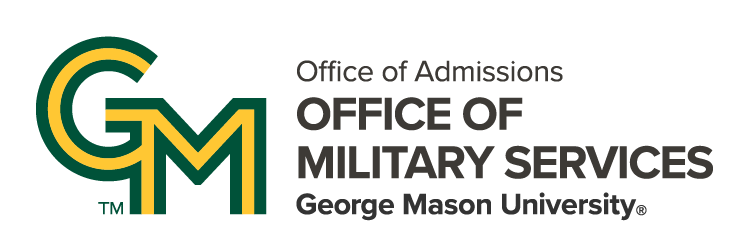When Aubrey Whitehead counsels his daughter, Khaliah, about schoolwork, he tells the high school senior to focus less on grades and more on inquiry.
“I tell her, I’ll take a hard C over a soft A,” Whitehead said. “If you’re in school and learning, I’m ecstatic. Once you get to college, something will click.”
For Whitehead, that position is logical and empirical. The former Air Force officer is working toward a PhD in education at George Mason University with specialization in educational psychology. His dissertation, expected in 2018, will explore factors that influence high school students to avoid STEM programs and how to reignite student interest.
“Research shows students want to learn about science,” Whitehead, 42, said. “What’s important is to get away from ‘smart person’ and ‘not smart.’ You’re going to get a grade. Just keep the curiosity.”
To pursue his PhD, Whitehead left his U.S. State Department job, where he was senior coordinator for resource management and planning in the Office to Monitor and Combat Trafficking in Persons.
He said he chose George Mason because of the quality of its faculty.
“I looked at a lot of schools,” said Whitehead, who has a master’s degree in human resources development from Webster University. “It just made sense.”
Whitehead said his research shows several factors can keep students in STEM programs, including motivation from teachers, parents and administrators. Most importantly, though, grades should be celebrated less and students encouraged more.
“Once they hear they’re not good in it, we’ve lost them,” Whitehead said. “It starts in ninth, 10th grade. Focus less on grades and more on ‘Do you like this?’ ”
“He’s passionate about learning how we can increase student self-regulation so they can succeed,” said Anastasia Kitsantas, director of the College of Education and Human Development’s PhD in education program at Mason. “I think in a couple of years he will make a difference in the field, especially for students.”
Whitehead, who was team leader in the Presidential Management Fellows program at the U.S. Office of Personnel Management, is making a difference now, and enhancing his PhD research, in Mason’s University Career Services Office. There he talks to students about the office’s programs, gives resume advice and even asks why they might have avoided STEM.
“It’s amazing how many people fall out,” he said of STEM programs. “I think you can bring them back.”
